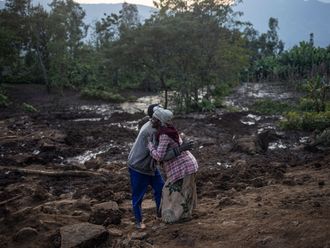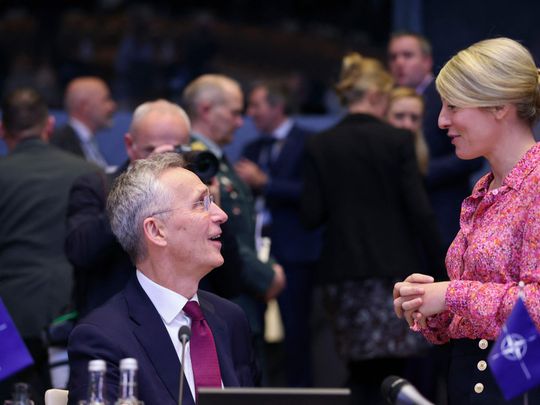
BRUSSELS: Nato alliance members agreed on Thursday to scour their arsenals for more air defence systems to protect Ukraine from Russian ballistic missile attacks, as the alliance marked a 75th anniversary overshadowed by the war on its borders.
“Allies understand the urgency,” Nato Secretary General Jens Stoltenberg said after Ukrainian Foreign Minister Dmytro Kuleba met Nato counterparts and appealed for new additional air defence systems, especially US-made Patriot missiles.
“Allies will now go back and look into their inventories, look into if there are any ways they can provide more systems, in particular Patriots, but also of course ensure that the systems which are already there have the ammunition but also the spare parts (they need),” Stoltenberg told a news conference.
He did not spell out any specific pledge or aid target.
President Joe Biden said the United States must uphold its “sacred commitment” to Nato, after election rival Donald Trump undermined its collective defence guarantee.
“We must remember that the sacred commitment we make to our Allies - to defend every inch of Nato territory - makes us safer too,” Biden said in a statement.
“As our adversaries have plotted to break our remarkable unity, our democracies have stood unwavering,” added Biden, 81.
The United States will host Nato’s 75th anniversary summit in Washington in July.
Earlier, as a ceremony with birthday cake and marching bands could not mask the sombre mood in Brussels, Kuleba told reporters: “I didn’t want to spoil the birthday party for Nato, but I felt compelled to deliver a very sobering message on behalf of Ukrainians about the state of Russian air attacks on my country.” Overnight Thursday, a Russian drone attack struck residential buildings in the Ukrainian city of Kharkiv and an energy facility in the region, killing several people and cutting power for 350,000 residents, Ukrainian officials said.
“Nato’s biggest battles to fight are still in the future, and we have to be ready for them,” Lithuanian Foreign Minister Gabrielius Landsbergis told reporters.
A Nato official said Russia was likely recruiting about 30,000 additional personnel per month and could absorb losses on the battlefield and continue attacks. Russia, however, was still lacking munitions and manoeuvre units required for a successful major offensive, the official said on condition of anonymity.
On Wednesday, the Nato ministers agreed to start planning for a greater role in coordinating military aid to Ukraine to help it battle Russia.
But it was far from clear whether a 100-billion euro, five-year fund proposed by Stoltenberg would be accepted by Nato members, who take decisions by consensus. Hungary has signalled opposition and other members have warned against duplicating bilateral and European Union aid efforts for Ukraine.
MESSAGE TO WASHINGTON
European leaders are anxious about the alliance’s future if Donald Trump beats incumbent President Joe Biden in the November US election in November, but also about the multi-billion Ukraine aid package held up in the U.S. Congress.
“Europe needs North America for its security,” Stoltenberg said.
“At the same time, North America also needs Europe. European allies provide world-class militaries, vast intelligence networks and unique diplomatic leverage, multiplying America’s might.” Nato began with 12 members from North America and Europe, founded in response to growing fears that the Soviet Union posed a military threat to European democracies during the Cold War.
At its heart is the concept of collective defence and that an attack on one member is considered an attack on all, giving US military protection to Western Europe.


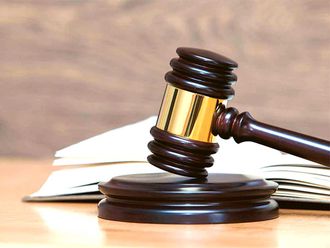
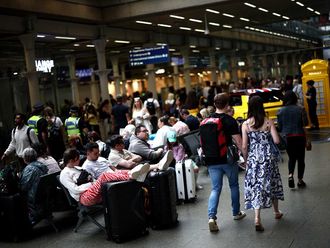
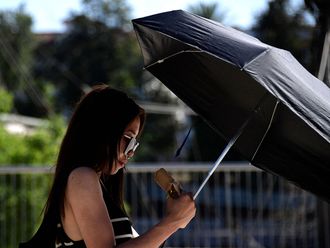
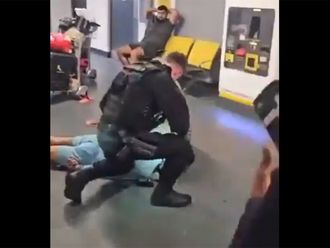
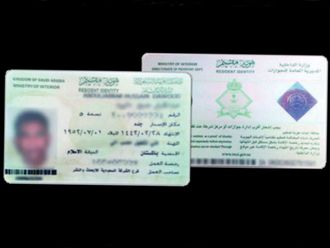

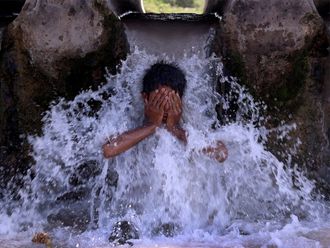

_resources1_16a30b3523c_small.jpg)
